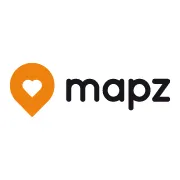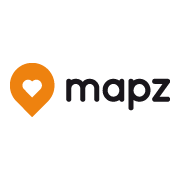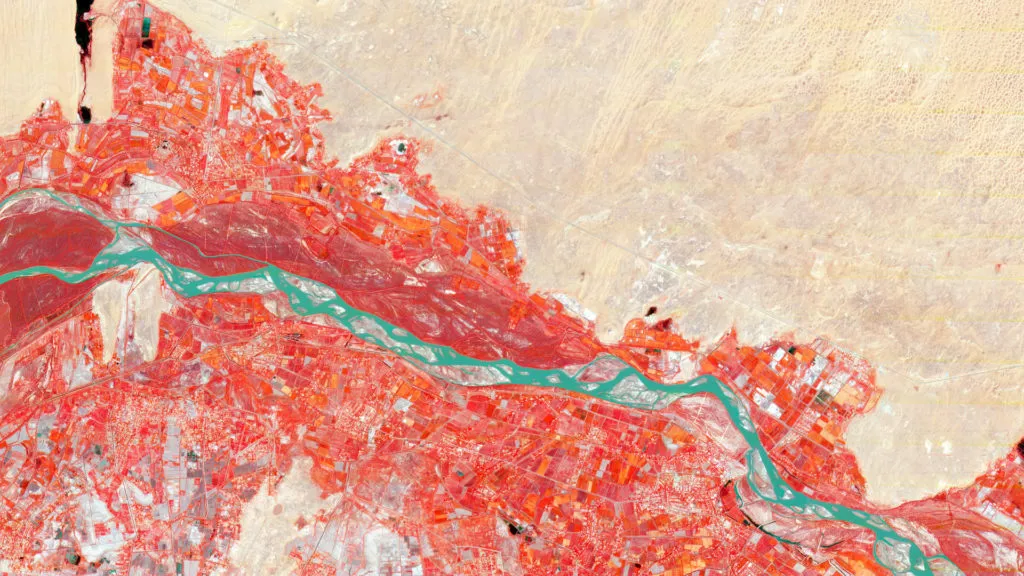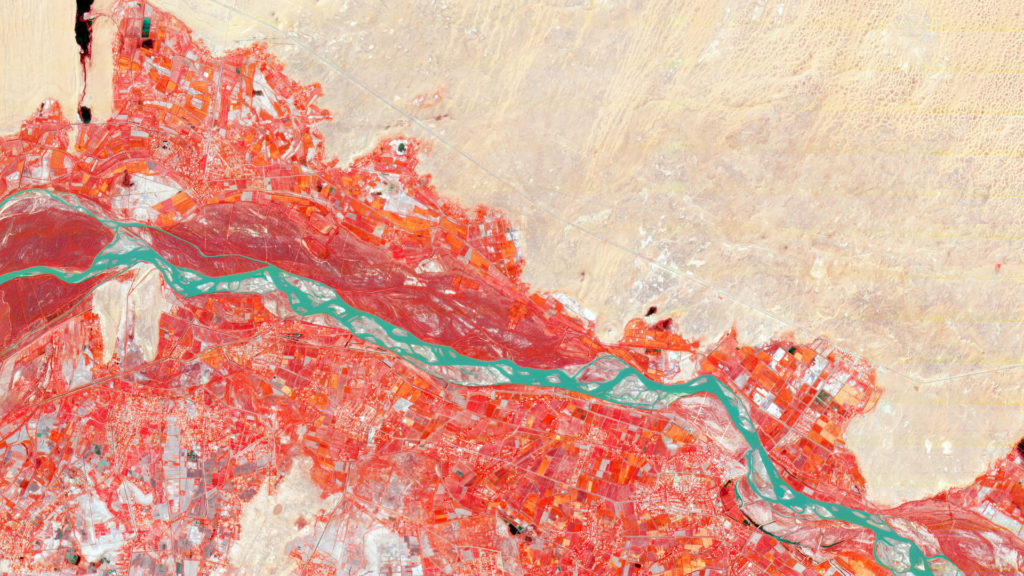
If your company is looking for new talent and you want to share the opportunity with our community, feel free to submit a job using the online form for us to review and include in our list! If you would like to know more about our Geospatial Job Portal, read about it here.
If you are enthusiastic about location data or anything geospatial, then this is the job portal for you!
Looking for more positions in GIS, academia, or product, or data science roles? Go directly to our searchable Geospatial Job Portal!
 Featured Job: Fullstack Developer at Mapz
Featured Job: Fullstack Developer at Mapz
📍Cologne, Germany or Remote
If you have ever been interested in specialized geodata services like Mapbox, CARTO or Komoot, then you might be right for Mapz! We are map designers and are continuously expanding our mapz.com map portal here in Cologne into a flexible WebGIS system that specializes in the collection, management, and presentation of location data.
![]() Rolls Royce: Data Scientist
Rolls Royce: Data Scientist
📍Singapore, Singapore
![]() Esri: Product Manager – Spatial Analytics & Data Science
Esri: Product Manager – Spatial Analytics & Data Science
📍Redlands, CA, USA
![]() Apple: Maps Senior Data Analyst
Apple: Maps Senior Data Analyst
📍Santa Clara Valley (Cupertino), California, USA
![]() Uber: Product Analyst – Rides
Uber: Product Analyst – Rides
📍Seattle, USA
![]() Technical University of Denmark: PhD Scholarship in Drone Technology for Habitat Mapping
Technical University of Denmark: PhD Scholarship in Drone Technology for Habitat Mapping
📍Nykøbing, Denmark
![]() University of Twente: Associate Professor Critital Geodata Studies and Geodata Ethics
University of Twente: Associate Professor Critital Geodata Studies and Geodata Ethics
📍Enschede, Netherlands
![]() Experis: Data Scientist – GIS / Geospatial – Contract
Experis: Data Scientist – GIS / Geospatial – Contract
📍Singapore, Singapore
Even if the job might not be for you, it might be for someone in your network. Please share!
Are there any specific things you’d like to see in our job portal? Feel free to get in touch. Be sure to follow us on LinkedIn as well!
Want to get your dose of Geospatial Jobs directly to your inbox? Subscribe to our jobs newsletter here.







